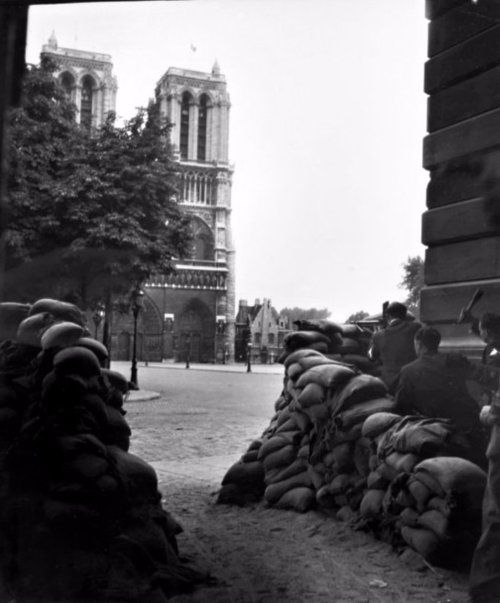
From Chapter Thirteen of Time Goes By:
There were worse things than being alone with Sam, Olivia considered as they found themselves, an hour later, passing through the last faint shadows of the Eiffel Tower before the light faded and all was shadow. At least they understood each other.
“That’s new to you, right?” she said, glancing around first to be sure no one was listening, and waved at the tower.
“Yes. Built in the eighteen eighties, I believe.”
“Because we’ve missed it so far in the various tourist itineraries.”
“I’m sorry,” he said, “would you rather have been sitting on a sofa reading French novels all these days, sparing your feet? I wanted to see the city; you didn’t have to come along.”
“My feet are fine. You make an odd sort of guide, that’s all. ‘Here’s where the Bastille used to be; this was Buffon’s house; my, this neighborhood has gone downhill; blast, another view spoiled by modern building.’”
“I lived here for several months on three different occasions in the seventeen seventies.”
“And here you are again. Can’t hold still, can you?” Twisting his features into a look of disdain was apparently too much effort; they could both assume it done. “Yesterday,” she went on, “when we got to Notre Dame—”
“Olivia, I am allowed to be saddened by this… bloodbath.”
“You were almost in tears. And it wasn’t that bad. Sandbags protecting the façade, windows taken out for safekeeping. Easy enough to fix when the war’s over, if not sooner. No bloodbath in Paris. Une ville ouverte. I do remember that much.” He shrugged. “She was a venerable old lady when you knew her,” Olivia added. “But I bet you thought of her as a brave one. And there she was cowering in the corner.”
Sam nodded slowly. “She has taken her knocks through the centuries. I don’t think I liked to see her protected. Vulnerability is a given, but…” He hesitated, his steps losing their rhythm. “When one starts protecting monuments, it implies that the city can’t go on without them. Whether or not that’s true.”
“Would you rather see them destroyed?”
“Of course not.” He stopped, looking up at the tower. “Boston is my patrimony. Vienna is my home, or the closest I have to one. Paris is… my beloved. And I’ve never thought I could willingly lay down my life to save any of them. But…”
“You could see yourself as one of those sandbags?”
He looked back at her, surprised. “Yes. Foolishly enough. What’s one more sack of guts blasted apart by bombs?”
“What’s one more cathedral?”
There are times you write something that later becomes so perfect it hurts, and so here we are. Or were. I really wanted to post this when fire destroyed large amounts of Notre Dame more than a week ago, but I was in China sans computer. I figured it would wait, though it feels like old news now. (Mueller report, Sri Lanka, etc., etc. We can’t seem to hold still and look at things.)
It is, as I think both Sam and Olivia realize here, useful to have a long-term historical perspective when disasters strike. Cathedrals rise and fall and rise again. That doesn’t mean we shouldn’t feel sympathy for the people standing by in the moment watching them burn.
I’ll try to pull together something about China in the next week or so. It’s an amazing place, and I’m glad I had the chance to visit.